41 disadvantages of private label brands
Private Labeling in Retail: How It Works, Pros and Cons Disadvantages of private label brands Upfront payments Most manufacturers, especially if it's the first time the retailer is in contact with them, will ask for an upfront payment to start the process. This may be a challenging factor for a small retailer, especially when they are not fully in control of the end product they'll receive. What is a Private label? Meaning, Advantages & Disadvantages Following are some drawbacks of private brand: Absence of Standardisation: At times, the private labels fail to live up to the standards of quality which may create discontentment among customers. Low Prices: The products under private labels are considered to be substandard by some customers because their prices are lower than the national brands.
10 Advantages of Private Label Branding - Sungistix Private label products can indirectly leads to increase in sales of other products and of overall store. Value extraction of the brand value: If the retailer's brand is well known and well recognized for the quality of the products and the service it provides, it should be easier for him to sell his own branded product.

Disadvantages of private label brands
The Pros and Cons of Going 'Private Label' vs. Selling ... - Sourcify Branded Products: Cons Sometimes using an established brand is risky. Big brands can experience adverse events, and if this happens with your branded product owner, the negativity will become attached to your company, too. When this happens, trying to differentiate your company from a tarnished brand image can be tricky—if not impossible. Private Label Clothing Manufacturers UK | Garment Manufacturer Possible Disadvantages of Private Labelling: While private labeling offers quite many benefits, retailers need to consider a few facts that might affect their business adversely. They cannot be a matter of concern if you stay aware. Let's have a look at the possible downsides of private labeling: The pros and cons of private brands | Store Brands The pros and cons of private brands Chris Pruneda, chief marketing officer of Austin, Texas-based Cece's Veggie Co., noted that to receive such a request from a customer is not particularly surprising. Marketers say it can be difficult to build the reputation of a brand, just to then decide to sell it under a private label at another retailer.
Disadvantages of private label brands. Advantages and disadvantages of Private labels for Reliance Retail Ltd The key advantage from a retailer perspective could be the Private labels will fill the needs gap that is present in the market place - unique product or a differentiated product in the market place. The critical aspect of the private label for the retailer is that it gives the retailer a higher profit margin than what is offered on other brands. Disadvantages of Private Label Packaging However, there are some disadvantages to going with private labeling. One major disadvantage is that you do not have the same brand protection that you would get from a brand manufacturer. In addition, you are not as well-known as brand name manufacturers which can boost your sales and maintain your competitive advantage. What Is a Private Label? | Indeed.com - Indeed Career Guide A private label is a brand of products made by a third-party company and sold as a retailer's own brand. Consumers often refer to private label products as a store brand, rather than a name brand. Many stores prefer to offer private-label products, since customers may prefer buying the private label product because of the lower cost. Private Label Branding (With Advantages and Disadvantages) Private label branding, or a private label, is a good that a company manufactures or sells as part of another company's brand. Businesses refer to a private label product as a private brand because it's a unique product they buy from a manufacturer to sell as part of their own brand name. A private label is also when manufacturers or suppliers ...
The disadvantages of using private label brands - Grade Ninjas One of the disadvantages is manufacturer dependency. Since the production of a private label line is in the hands of a third-party manufacturer, it is imperative to contract a company with an impeccable reputation. Failure to this, opportunities maybe lost in an unestablished setting (Hudson, 2019). Private Label Products: Are They National Brand Killers? The disadvantages of starting a private label brands is few. You're a safe player as long as you have the required financial resources to develop the product. ... Concluding, both national brands and private label brands are equally preferred by shoppers, as long as the quality remains high! Most Popular. 5 of the Best Penetration Pricing ... 12 Pros and Cons of Private Label Brands - BrandonGaille.com This can make it difficult for a retailer should a private label brand not evolve as their customer preferences evolve. If a market changes and the brand is slow to adapt, then everyone loses money because the customer goes elsewhere to have their needs met. 2. Most private label brands aren't trying to innovate. Private Label: Meaning, How It Works, Advantages and Disadvantages Private label disadvantages Private label strategies also carry some risks, such as: Advertisement Production dependence. Private label owners depend on manufacturers and have no control over them (not as a shareholder). Thus, a manufacturer's business failure could disrupt operations.
What Is a Manufacturer's Brand and Its Advantages and Disadvantages? The term manufacturer's brand is also known as brand name. Manufacturer's brand, or brand-name items, offer a variety of advantages compared to private label, generic, or store brand items, including. Product availability: brand name items are usually easy to find. Perceived quality: brand name items are often seen as having higher quality ... Private label brands - Economics Help 18 December 2014 by Tejvan Pettinger. Private label brands (or own brand labels) are products sold by a retailer with its own packing, but manufactured by a third party. For example, Tesco sell ordinary branded items, such as Heinz baked beans, but also sell their own 'Tesco Value' baked beans. Tesco will license a manufacturer to produce ... What Is a Private Label? How Private Labeling Works - Shopify Private label sellers and producers can tweak manufacturing costs and price points on their various product lines. They can experiment with different price formulas to maximize profit margins. Customized marketing control. strong> As a private label retailer, you get to choose the exact marketing campaigns used to promote your branded products. Pros and Cons of private labelling - Orderhive Cons Of Private Labelling This section discusses the disadvantages of using a private label while selling on Amazon FBA or any marketplace. Have a look at them: # No Real Control Over Quality As you are not the original manufacturer of the item, any defects in the product quality will make you liable for the lapse.
Brands Versus Private Labels: Fighting to Win - Harvard Business Review Over the past 20 years, private-label market share has averaged 14 % of U.S. dollar supermarket sales. In the depth of the 1981-1982 recession, it peaked at 17 % of sales; in 1994, when private ...
The Advantages of Private Label Branding - Chron Private label products are on average about 30 percent lower in price than national brands, according to Packaging Digest. Store label merchandise, however, is slowly moving away from being...
What is Private Labeling? [Definition, Pros, Cons & More] - Ecommerce CEO Disadvantages of Private Labeling There are many good things about starting a business with private label products. But, there are also some disadvantages to be aware of. Customer Perception Most people will trust a brand they've used for a while. Many customers aren't as likely to trust your smaller, lesser-known brand.
Private labeling: Process, Advantages, and Disadvantages Disadvantages Difficulty building loyalty: Such products can be difficult to build loyalty around. This is because customers can easily switch to a competing product if they find a better deal. This can make it difficult to grow your customer base. Minimum orders: Private labeled manufacturers often require minimum orders.
Marketing Minute: Manufacturer branding versus private-label: pros and ... When it comes to private labels, a clear advantage is that the manufacturer gains volume that it might otherwise lack. To operate at peak efficiency, manufacturers need to fill capacity. While...
4 Benefits of Private Labeling for Your Brand — Century Label Since most private label products end up receiving large orders from major retailers, manufacturers yield the benefit of creating and shipping all products to a single customer. Both factors result in reduced operating costs. Better Brand Loyalty In the past, consumers largely saw brand-name goods as superior to private labels.
Advantages And Disadvantages Of Private Label Brands There has been a considerable growth in Private Label brands in last few years worldwide. Private Label Brands (PLBs) are growing faster than National or Manufacturer's brands. They are becoming more popular nowadays. Private Labels have gained an increased market share and are growing at a rapid rate.
What are the advantages and disadvantages of national brands ... - Quora Answer (1 of 3): The majority of retailers, online and offline, obtain products from suppliers. Few brands manufacture and sell products directly to consumers. Many companies sell products without their name and branding unless they're using private label products. If you want to start an ecomme...
What Is a Private Label? - yourcareersupport.com January 11, 2023 Robby. In business, a private label is a product or service produced by one company but sold under another company's brand. A private-label product is manufactured by a third party but sold under a brand name created by the selling company. Today, private label products and services are found in a wide range of industries ...
Advantages and Disadvantages of Private Label - SheikhCommerce DisAdvantages of Private Label: Technical and difficult to start and manage To do a private label business, Seller must be technical! For example a seller has to register a brand for a private label including trademark and business registration!
The pros and cons of private brands | Store Brands The pros and cons of private brands Chris Pruneda, chief marketing officer of Austin, Texas-based Cece's Veggie Co., noted that to receive such a request from a customer is not particularly surprising. Marketers say it can be difficult to build the reputation of a brand, just to then decide to sell it under a private label at another retailer.
Private Label Clothing Manufacturers UK | Garment Manufacturer Possible Disadvantages of Private Labelling: While private labeling offers quite many benefits, retailers need to consider a few facts that might affect their business adversely. They cannot be a matter of concern if you stay aware. Let's have a look at the possible downsides of private labeling:
The Pros and Cons of Going 'Private Label' vs. Selling ... - Sourcify Branded Products: Cons Sometimes using an established brand is risky. Big brands can experience adverse events, and if this happens with your branded product owner, the negativity will become attached to your company, too. When this happens, trying to differentiate your company from a tarnished brand image can be tricky—if not impossible.






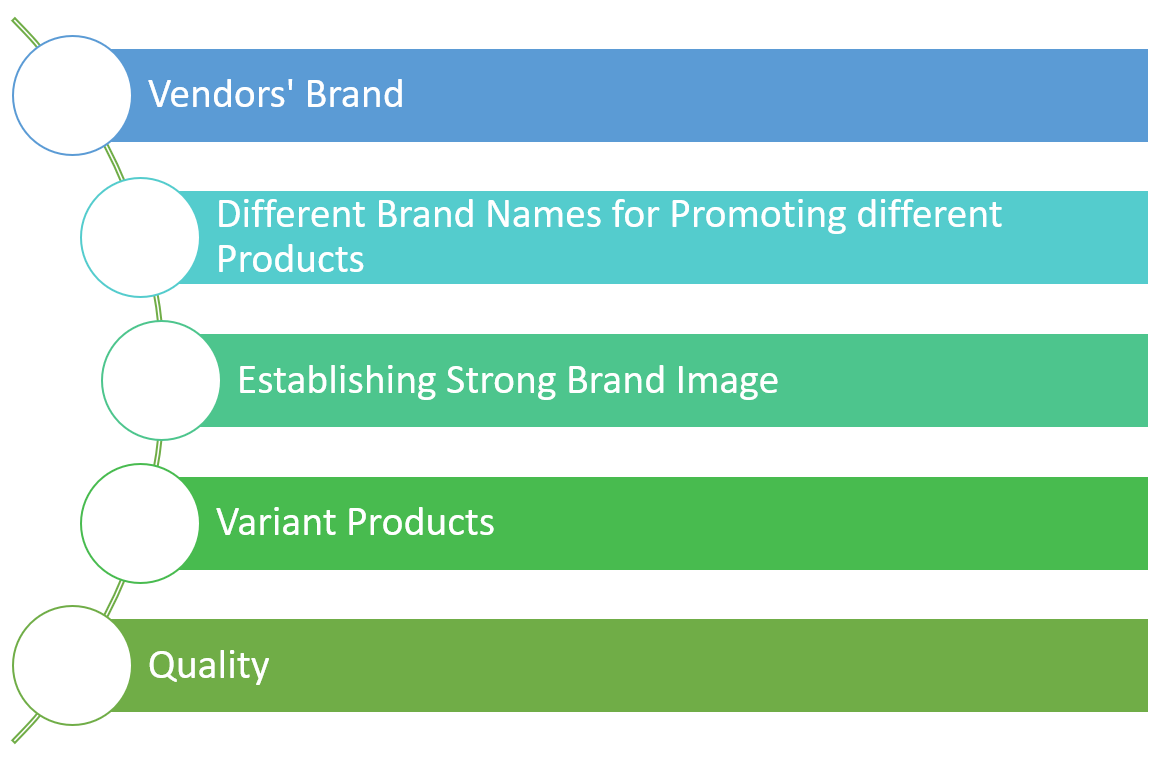


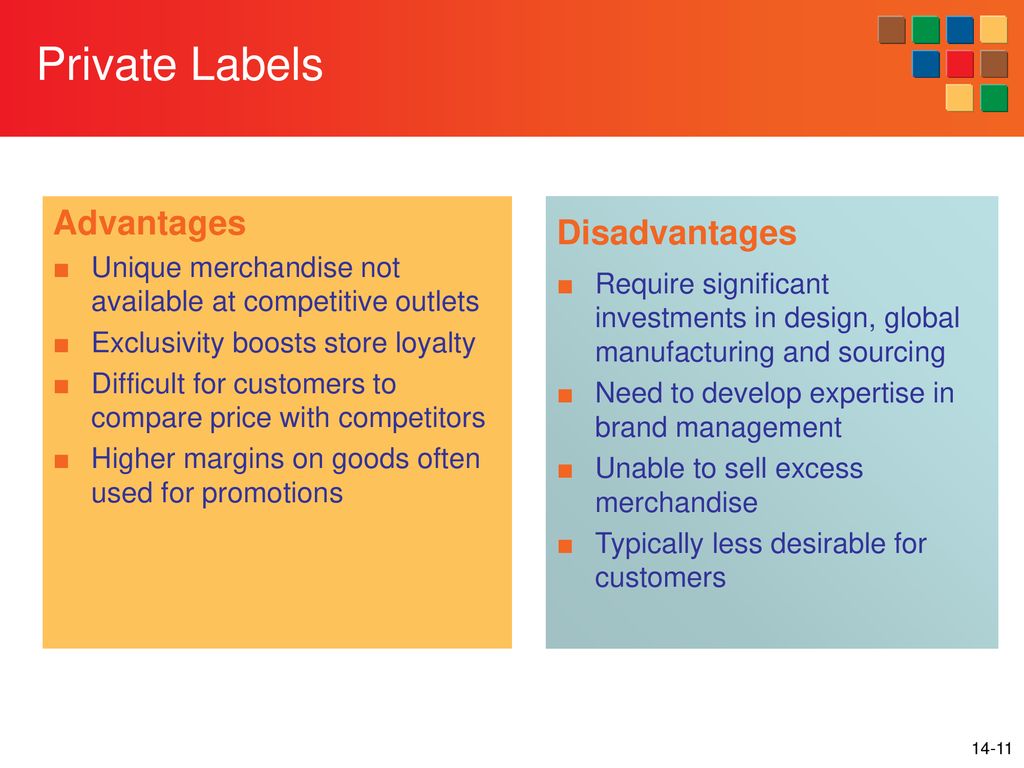
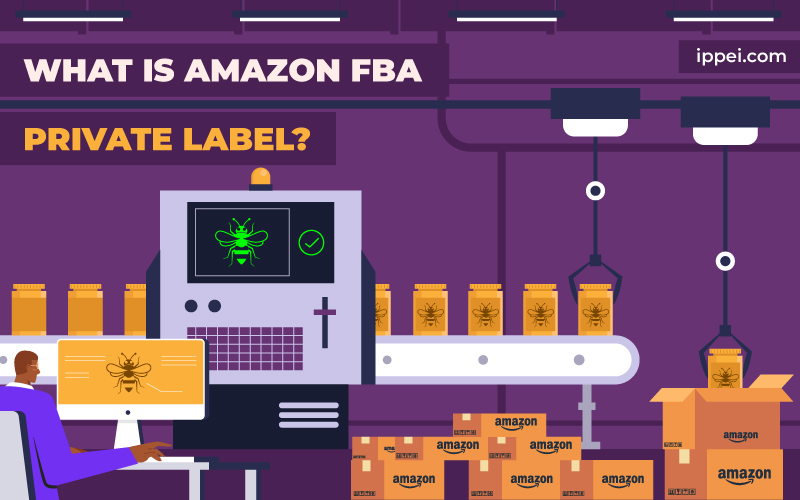
![What is Private Labeling? [Definition, Pros, Cons & More]](https://www.ecommerceceo.com/wp-content/uploads/2021/06/How-Private-Labeling-Works.png)
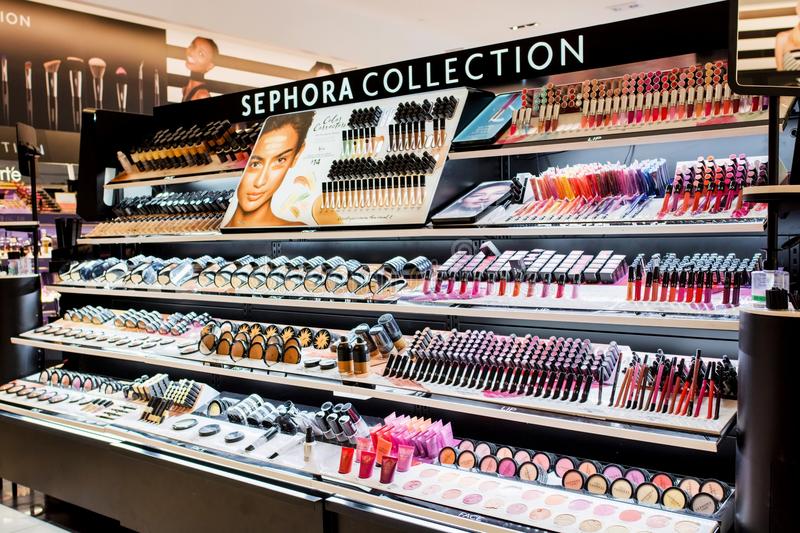




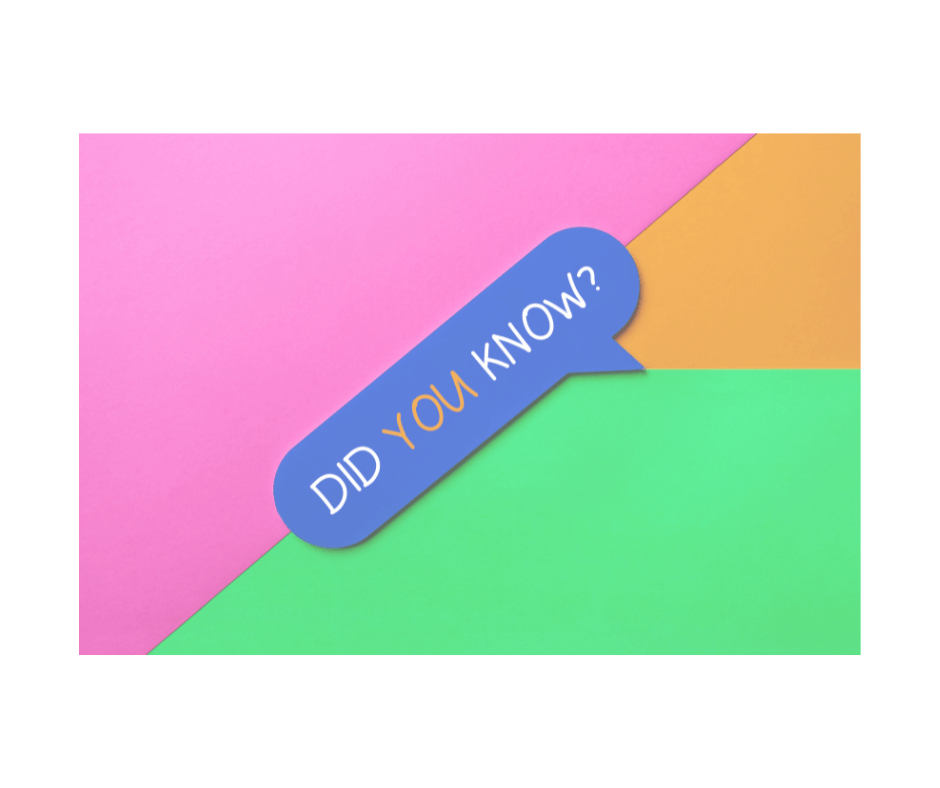






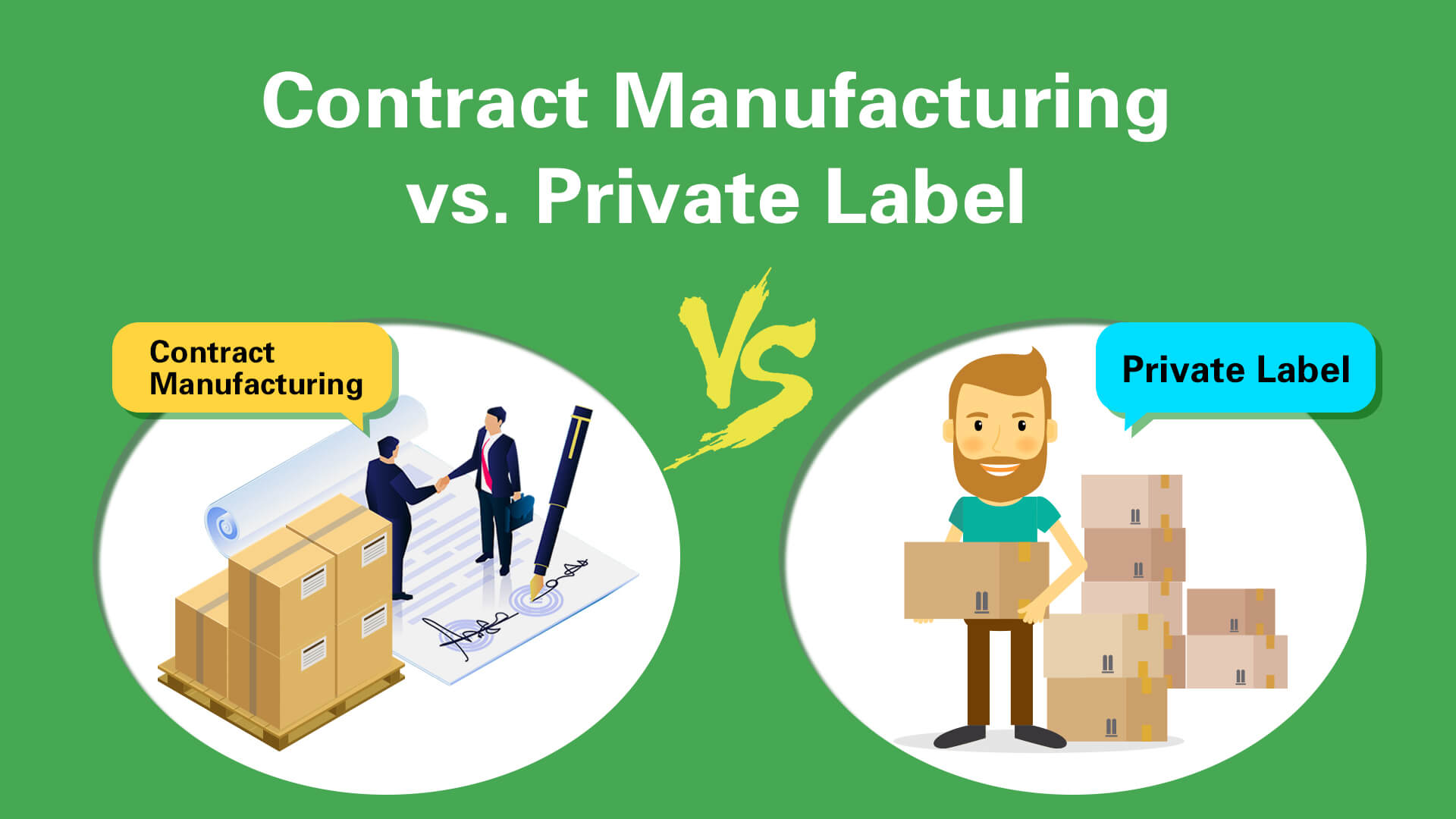
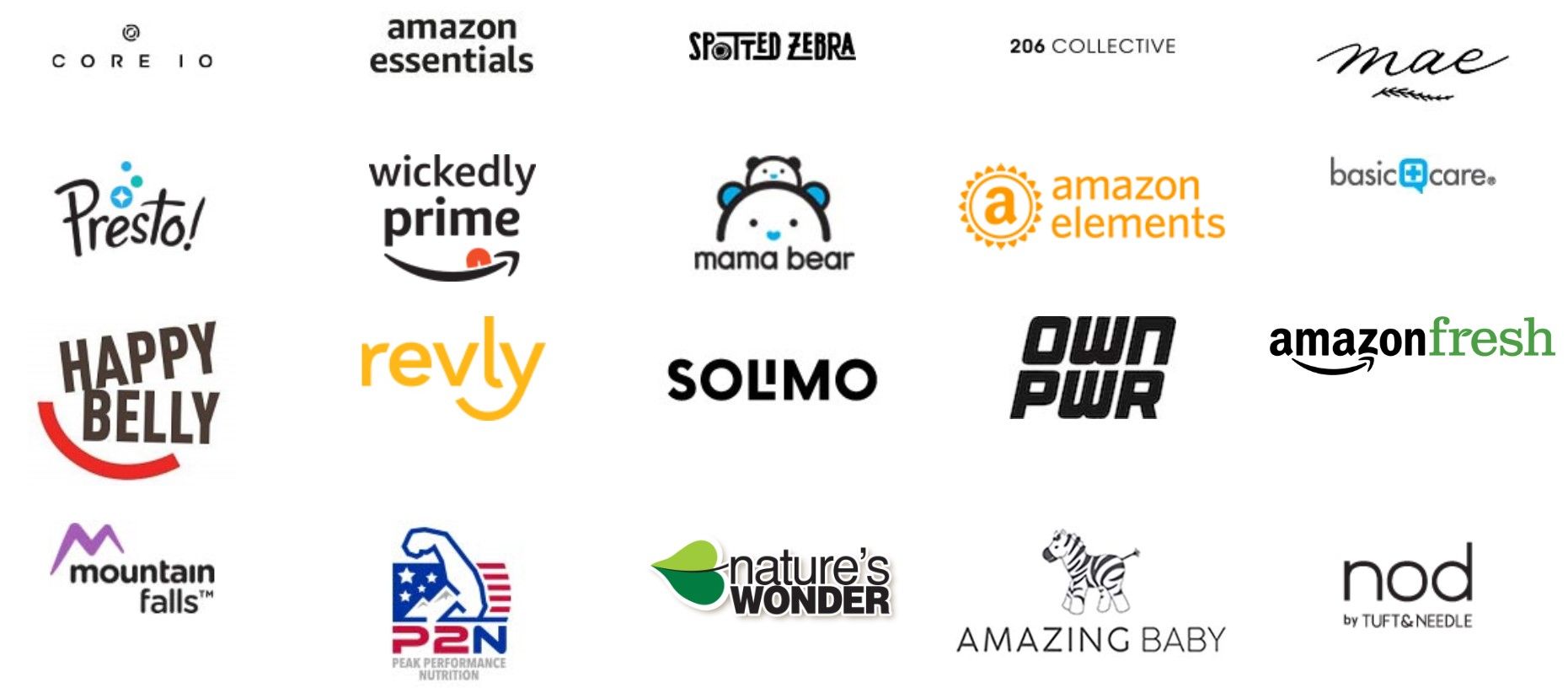

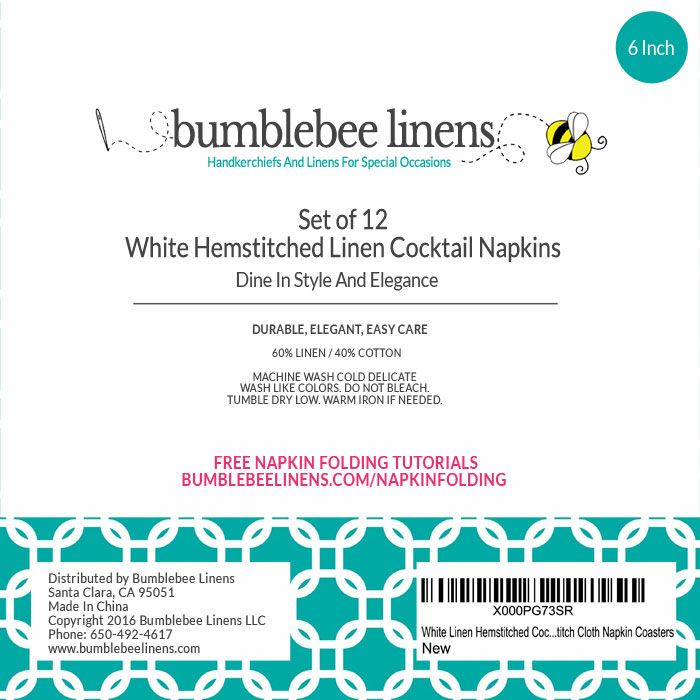
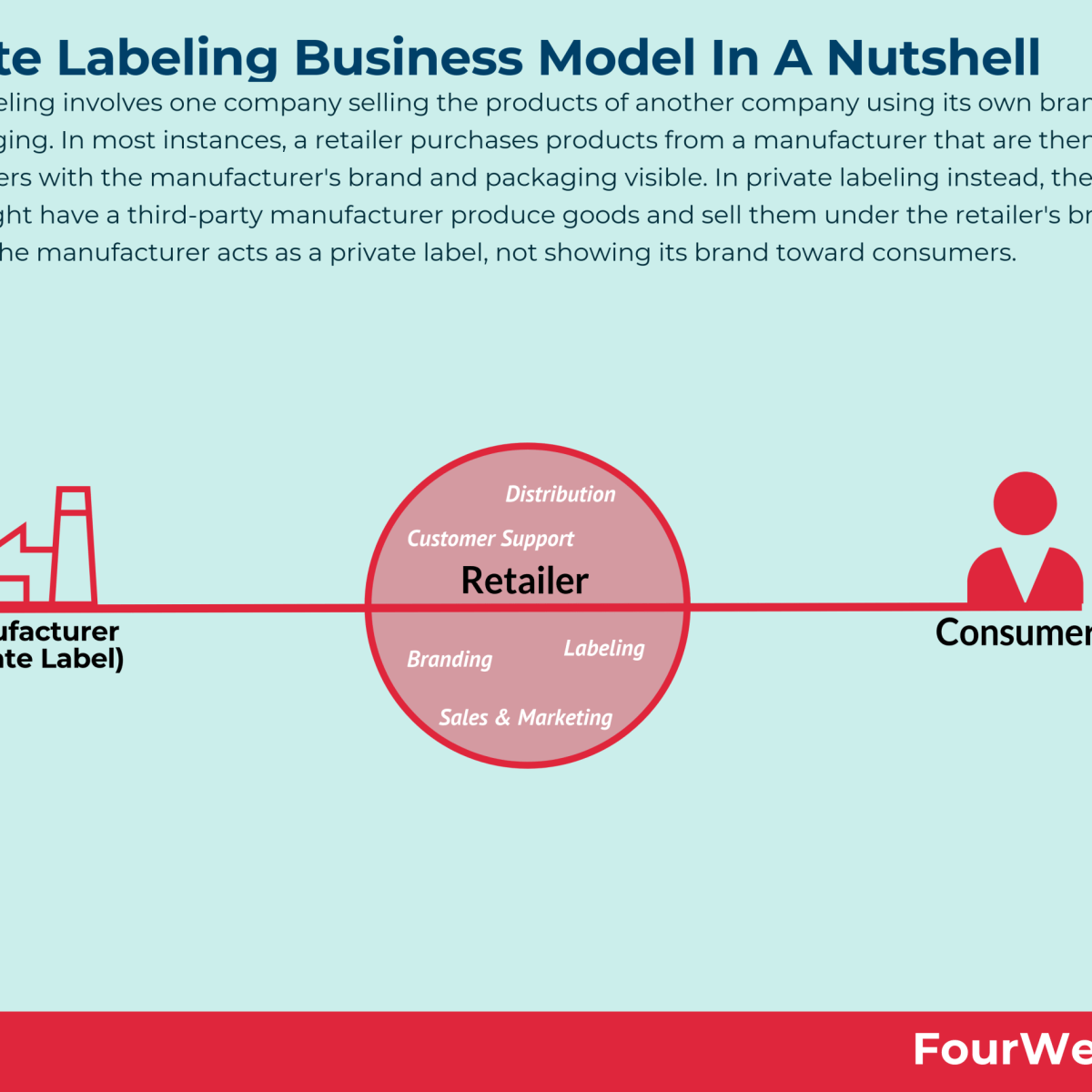


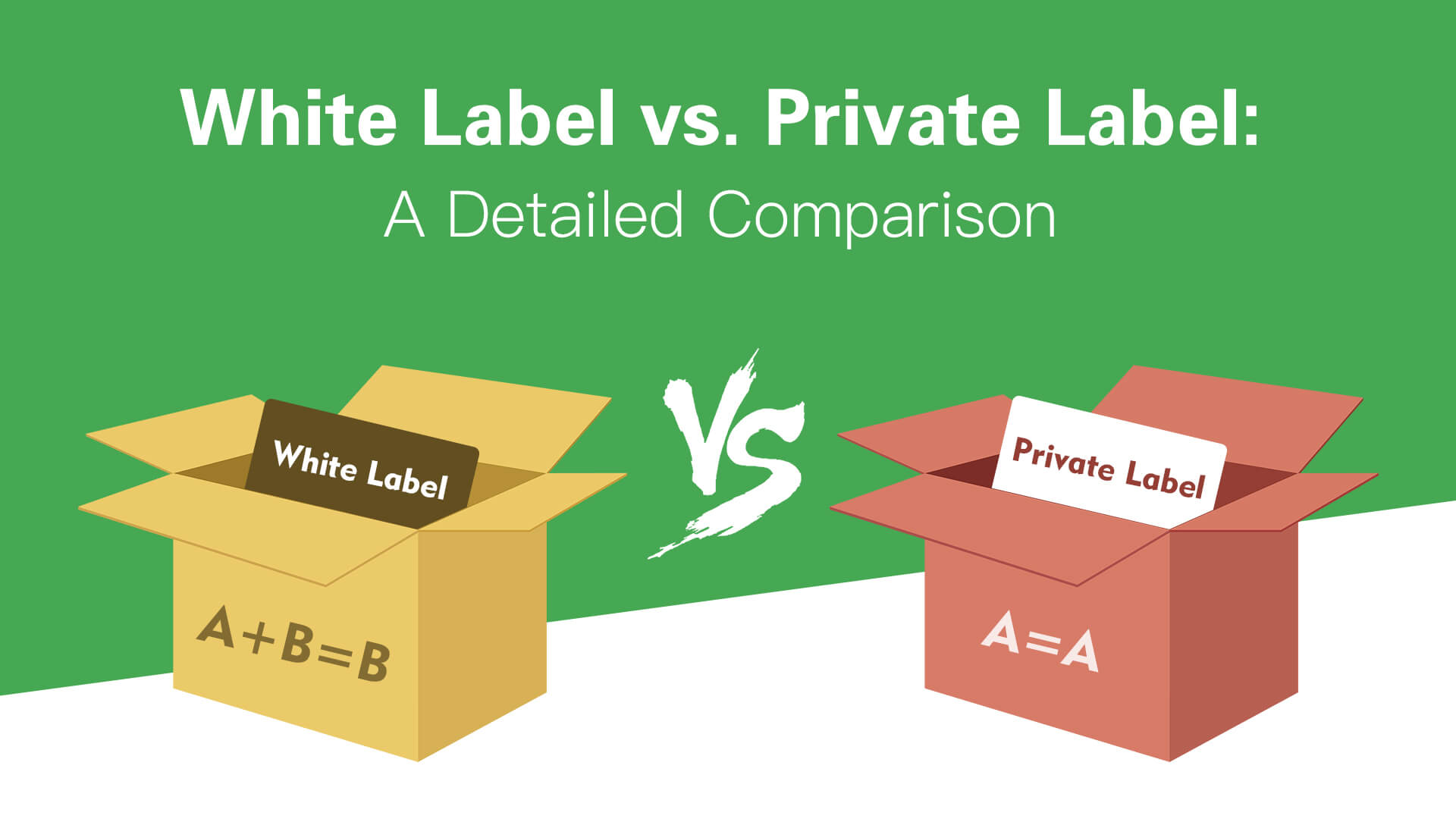
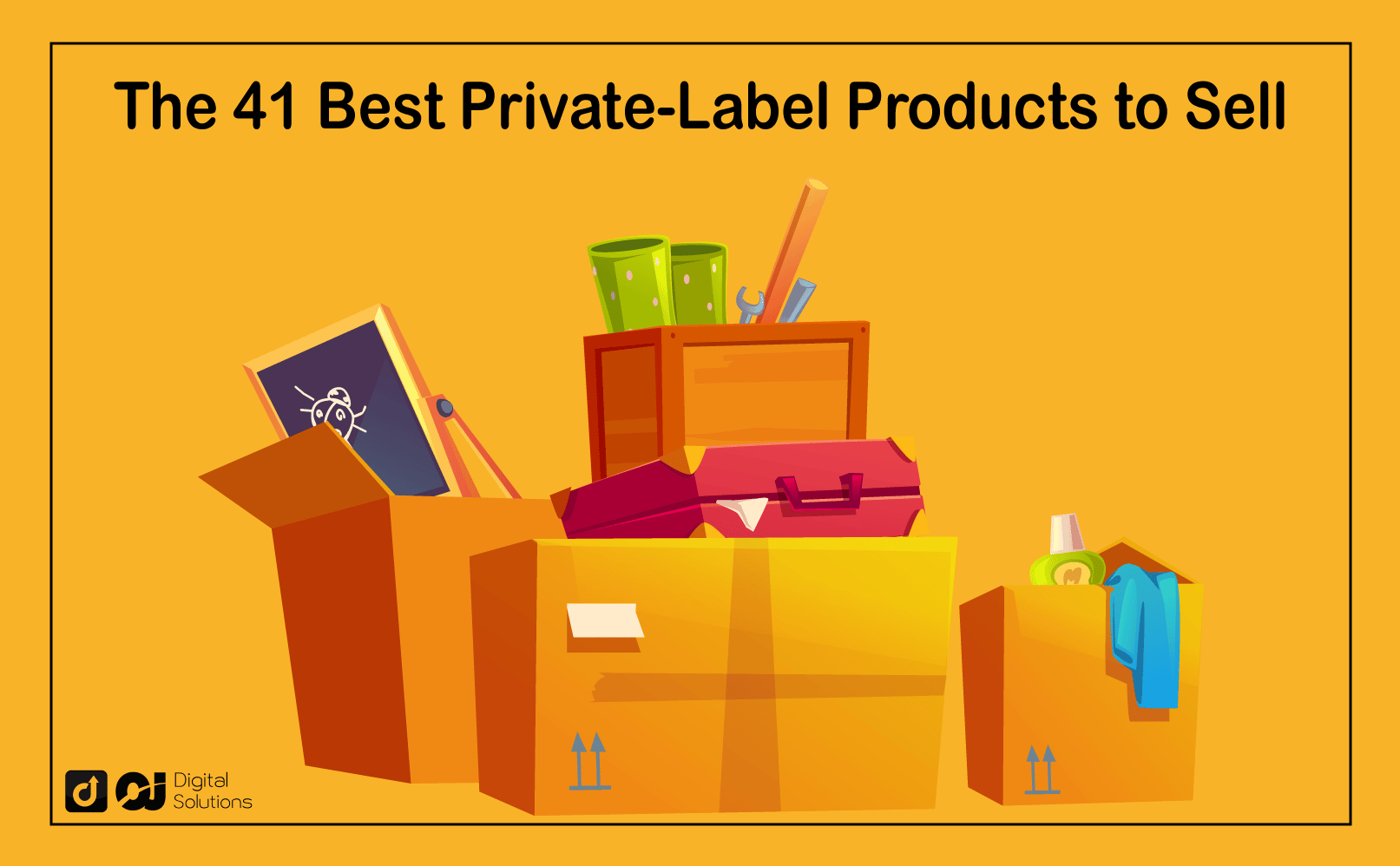


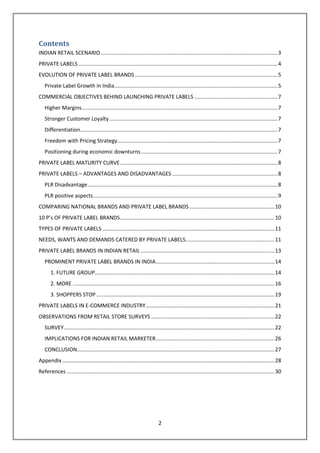

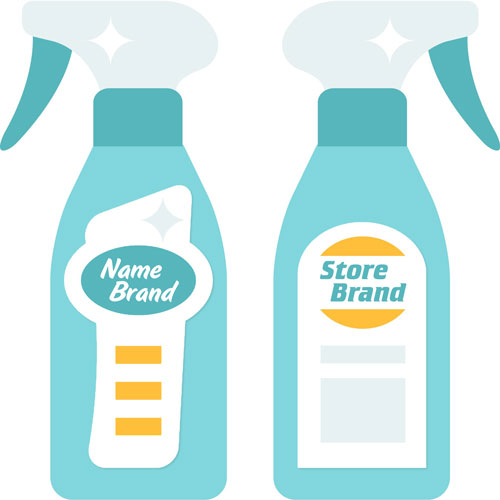
Komentar
Posting Komentar